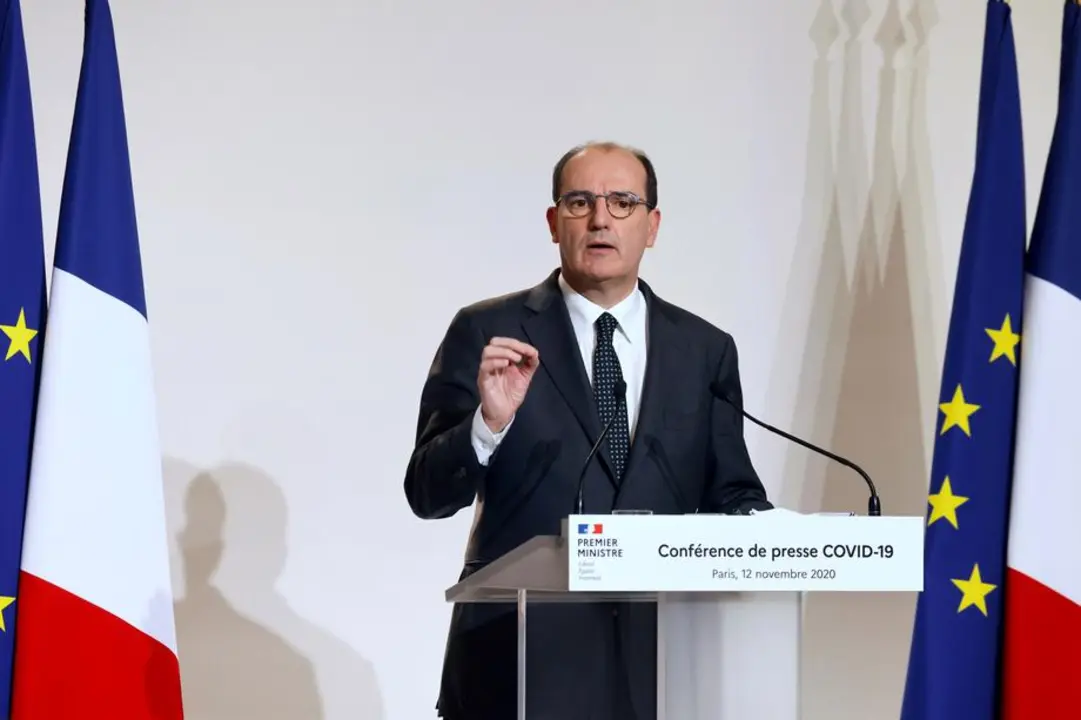An Overview of French Politics
Before diving into the impact of French politics on the escort industry, it's important to understand the general landscape of French politics. France operates as a semi-presidential system, with both a president and a prime minister sharing executive power. This system allows for a mix of both parliamentary and presidential systems, providing checks and balances within the government. The country is divided into various regions, each with its own local elected officials. French politics have long been characterized by a struggle between left-wing and right-wing factions, with recent years seeing the rise of other political movements as well.
France's Approach to Prostitution and the Escort Industry
Prostitution has a long and complex history in France, with the country taking various approaches to regulate the escort industry over the years. The current legal framework permits the act of selling sex, but criminalizes the act of buying sex, which was established in the 2016 "Nordic Model" law. This approach aims to reduce the demand for prostitution and protect those working in the industry from exploitation. However, the law has been met with controversy, with some arguing that it has only driven the escort industry further underground, making it more difficult for sex workers to access support and protection.
Impact of French Politics on Escort Industry Regulations
The political landscape in France has a direct influence on the regulations governing the escort industry. Political parties and individual politicians often have differing views on how to approach the regulation of prostitution, which can lead to changes in the legal framework over time. For example, the introduction of the Nordic Model in 2016 was spearheaded by the then-ruling Socialist Party, which sought to protect sex workers and reduce the demand for prostitution. However, the law has faced criticism from various political factions, with some advocating for its repeal or modification.
French Politics and Public Opinion on the Escort Industry
Public opinion on the escort industry in France is highly influenced by the country's political climate. Politicians and political parties often use the issue of prostitution as a means to garner support and appeal to their base. This can lead to the stigmatization and marginalization of those working in the escort industry, as well as a lack of public understanding about the realities faced by sex workers. As a result, the escort industry can be subjected to drastic changes in policy and enforcement depending on the political party in power and their stance on the issue.
The Role of Feminist Movements in Shaping Escort Industry Policy
Feminist movements in France have played a significant role in shaping the country's approach to the escort industry. There are various factions within the feminist movement, with some advocating for the full decriminalization of sex work as a means to empower and protect sex workers, while others support the Nordic Model as a way to combat exploitation and protect women from violence. These differing viewpoints can have a profound impact on the policies and regulations governing the escort industry, as feminist organizations often work closely with politicians to advocate for their preferred approach.
Impact of Immigration Policies on the Escort Industry
France's immigration policies can also have a significant impact on the escort industry, as many sex workers in the country are immigrants or come from marginalized communities. Strict immigration policies and a lack of support for asylum seekers can force individuals into the escort industry as a means to survive, while also making it more difficult for them to access support and protection. Furthermore, anti-immigrant sentiment and rhetoric from certain political parties can contribute to the stigmatization of immigrant sex workers, making it even more challenging for them to seek help and protection.
French Politics and the Fight Against Human Trafficking
One of the primary justifications for regulating the escort industry is the fight against human trafficking. French politicians often frame their policy proposals around the need to combat this issue, citing the potential for exploitation and abuse within the escort industry. However, critics argue that some of these policies, such as the criminalization of clients, can actually exacerbate the problem by pushing the industry further underground and making it more difficult for victims of trafficking to access support and protection. The political discourse surrounding human trafficking has a significant influence on the public perception of the escort industry and the policies enacted to regulate it.
The Role of Media in Shaping the Escort Industry Debate
Media coverage of the escort industry and related issues in France plays a crucial role in shaping public opinion and influencing political decision-making. News outlets, documentaries, and fictional portrayals of sex work can either humanize or demonize those working in the escort industry, contributing to the stigma and marginalization they face. The media also has the power to amplify certain political voices and viewpoints, potentially swaying public opinion and political action on the issue. As such, the media plays a significant role in shaping the political landscape surrounding the escort industry in France.
Looking Ahead: The Future of the Escort Industry in France
Ultimately, the impact of French politics on the escort industry is complex and multifaceted. The political landscape has the power to shape the legal framework, public opinion, and the lived experiences of those working in the escort industry. As political parties and movements continue to evolve, so too will the policies and regulations governing the escort industry. It remains to be seen what the future holds for sex workers in France, but one thing is certain: the influence of French politics on the escort industry will continue to shape its trajectory for years to come.




